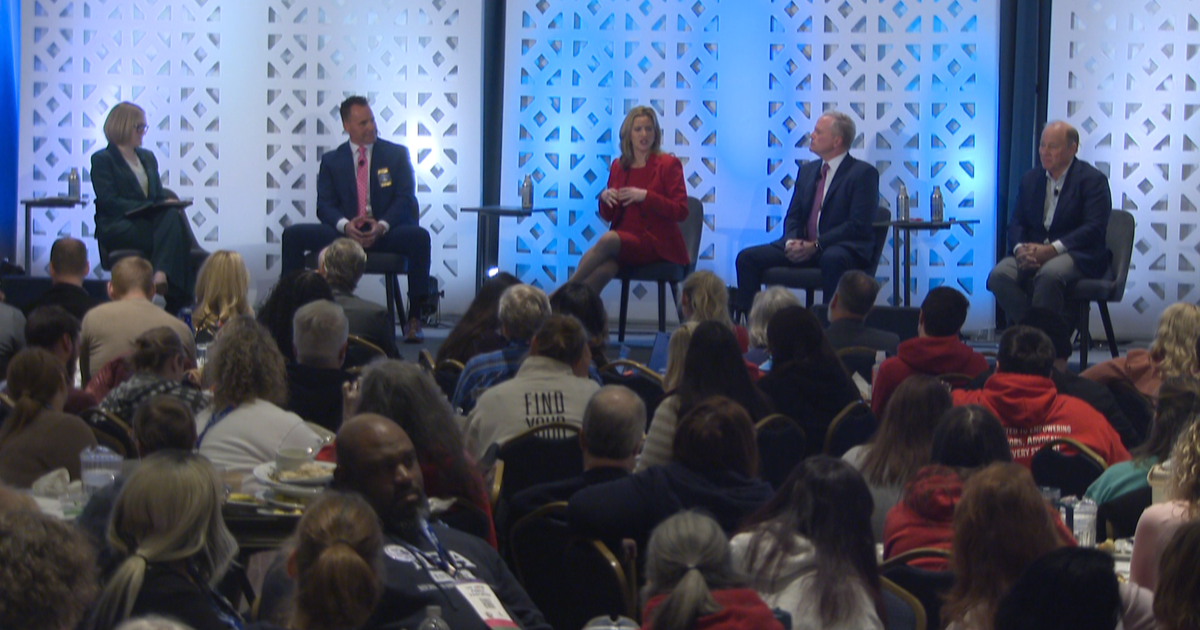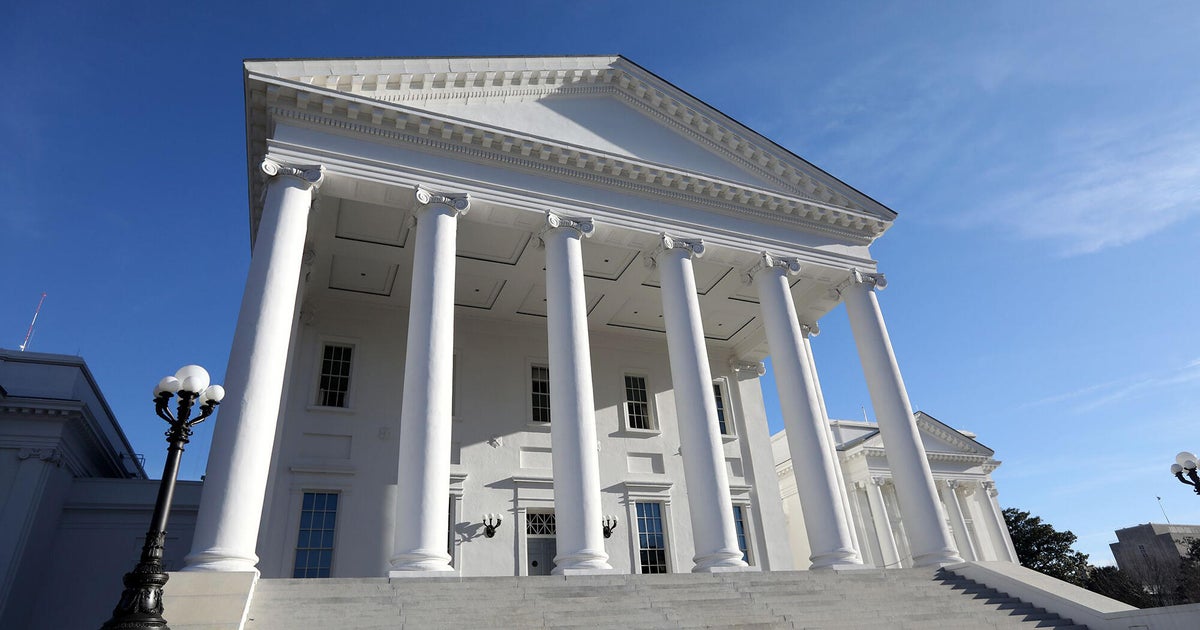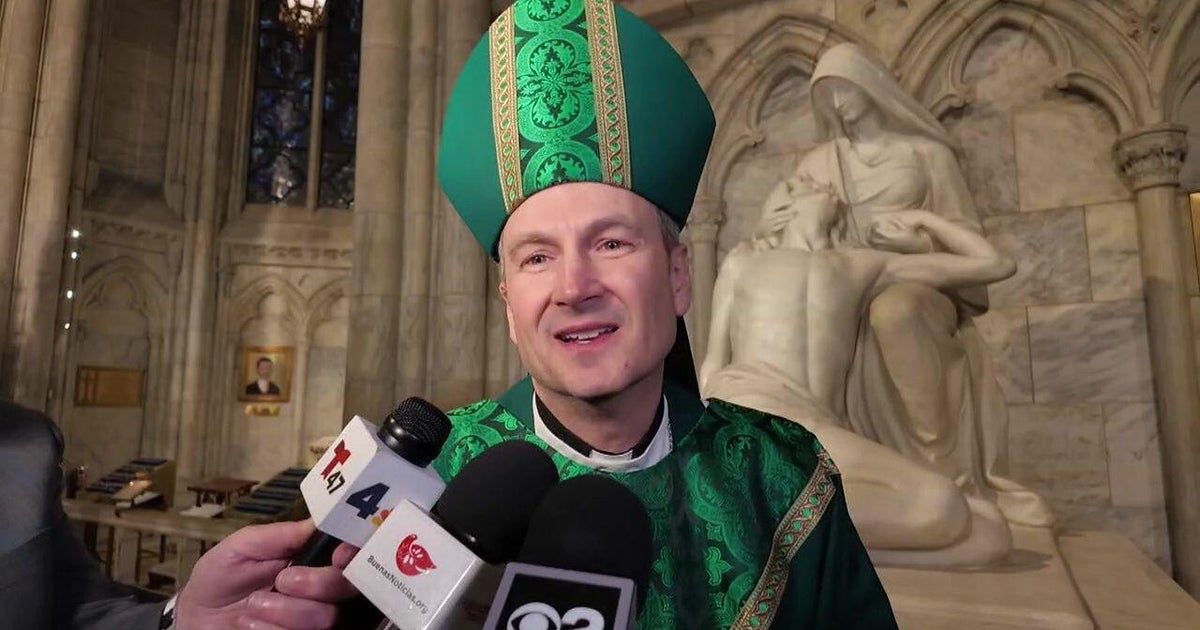Gov. Tim Walz announces legislative package targeting state fraud
ST. PAUL, Minn. — Gov. Tim Walz on Friday set up a new fraud investigations unit and announced a package of other proposals aimed at cracking down on financial crimes that cost the state hundreds of millions of dollars.
"State government, in many cases, is used to being reactive to situations. We need to change that attitude to be much more proactive on this, and we need to give the tools necessary," Walz told reporters during a news conference.
The move follows the $250 million Feeding Our Future scheme in which dozens of individuals were charged with stealing money intended to help feed hungry children in the pandemic and, more recently, a federal investigation accusing two autism centers of billing Medicaid for bogus claims. Some of those suspected of fraud related to the autism centers are linked to the Feeding Our Future case, a federal search warrant said.
Walz's plans include launching an artificial intelligence pilot program to flag potential problems early; increasing the attorney general's Medicaid Fraud Unit with nine new staff positions; broadening agencies' authority to halt payments to organizations and individuals suspected of stealing from public programs; and boosting penalties for "theft of public funds" crimes by 20%.
"These are not just financial crimes against the state and the taxpayers in Minnesota—these are crimes against children," Walz said. "It's simply unacceptable."
He also signed an executive order creating a centralized team to take on fraud cases within the state Bureau of Criminal Apprehension, merging the agency's existing unit with another at the Department of Commerce.
But the power of his pen only goes so far: He needs the state legislature to approve his other policy ideas. An anti-fraud push is expected to take center stage at the capitol when state lawmakers return for the 2025 legislative session in less than two weeks.
Republicans vow to roll out their own proposals to fight fraud—and that the governor is doing too little, too late.
"Creating a fraud bureau overseen by the same administration that allowed over a billion dollars in fraud means today's executive action is nothing but smoke and mirrors," said GOP House Speaker-Designate Lisa Demuth, R-Cold Spring, in a statement. "We need real change to crack down on fraud, and that starts with a process that is truly independent of the leadership that allowed fraud to run rampant over the last five years."
Walz's administration has come under fire for its handling of public programs. The nonpartisan Office of the Legislative Auditor in several reports has found a pattern of insufficient oversight to safeguard taxpayer money—from Feeding Our Future to one-time pandemic "hero pay" for first responders.
Federal prosecutors said that in that "brazen scheme of staggering proportions," employees of Feeding Our Future solicited and received bribes and kickbacks from sponsor sites that were supposed to serve meals to kids.
Walz also wants to make such actions a state crime.
Drew Evans, superintendent with the Bureau of Criminal Apprehension, praised the executive order establishing the new anti-fraud unit and said it will enhance the state's ability to prevent, investigate and prosecute financial crimes.
"Bringing the state's top fraud and financial crime investigators together under that single structure pools our tools, expertise, and resources to create a consistent process that will strengthen every single investigation," he said.
Lawmakers must pass the next two-year state budget before the upcoming session ends. All of the legislative priorities Walz outlined Friday will cost $39 million in the first two years and $15 million in future years, the governor's office said.
In 2023, the DFL-led legislature took some actions aimed at boosting oversight within state agencies to curtail fraud, including adding an inspector general within the Department of Education, which oversaw the pandemic meal program at the center of the Feeding Our Future scandal.








